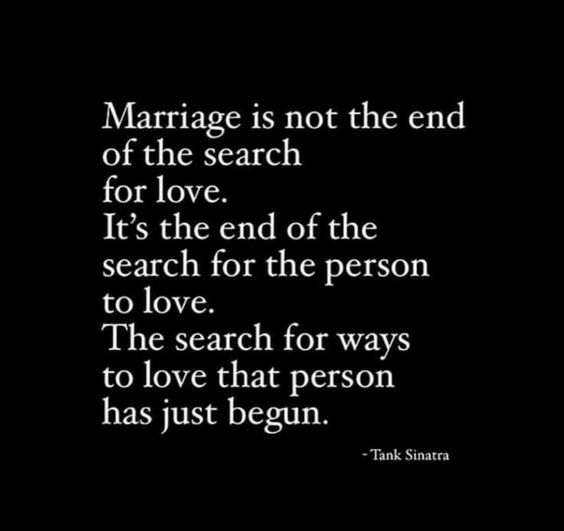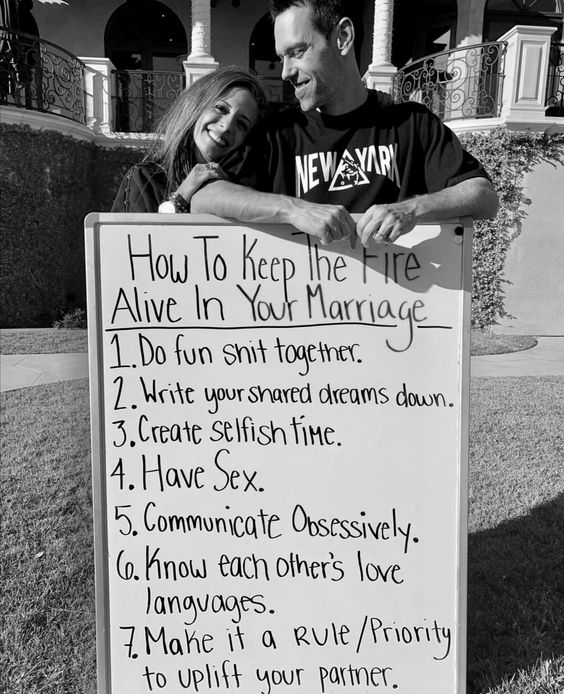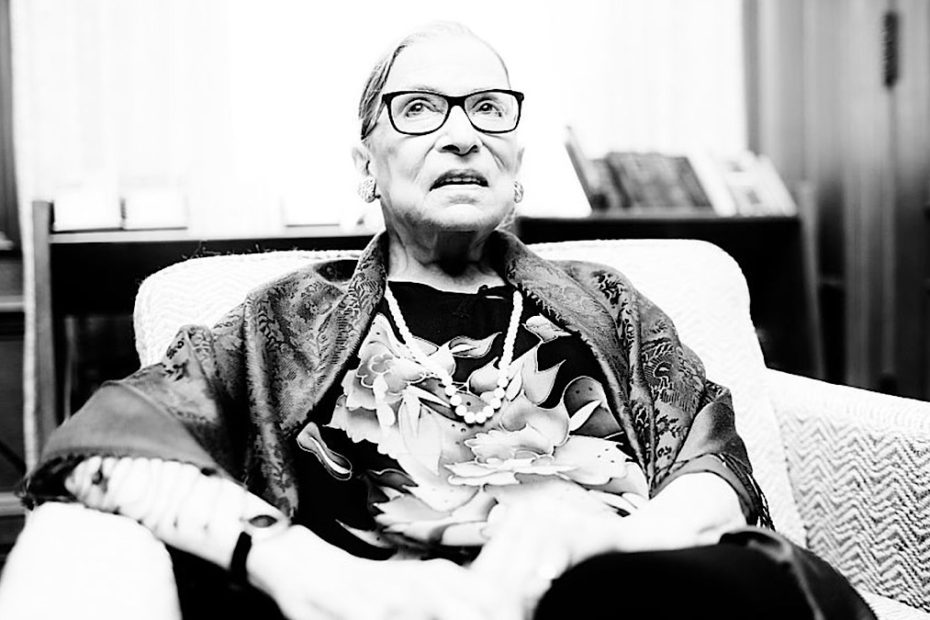“Why is it do you think that people get married?”
Beverly Clark, via Shall We Dance (2004)
“Passion.”
“No.”
“It’s interested because I would have taken you for a romantic. Why then?”
“Because we need a witness to our lives. There’s a billion people on the planet… I mean, what does any one life really mean? But in a marriage, you’re promising to care about everything. The good things, the bad things, the terrible things, the mundane things… all of it, all of the time, every day. You’re saying ‘Your life will not go unnoticed because I will notice it. Your life will not go un-witnessed because I will be your witness’.”
“She had always imagined her parents were too proud to get divorced, so instead let their resentments fester inside, projecting them onto their children, and Nora in particular. And swimming had been her only ticket to approval. Here, in this life she was in now, she had pursued a career to keep him happy, while sacrificing her own relationships, her own love of music, her own dreams beyond anything that didn’t involve a medal, her own life.”
Matt Haig, The Midnight Library (Page 98)
“She wondered if her parents had ever been in love or if they had got married because marriage was something you did at the appropriate time with the nearest available person. A game where you grabbed the first person you could find when the music stopped. She had never wanted to play that game.”
Matt Haig, The Midnight Library (Page 36)
“What people look for in marriage, at least in part, is the other half of themselves. Each of us is in some measure incomplete, with some aspects of our humanity over-developed and others neglected. What we do not claim for ourselves, we look for in the other (for example, aggressiveness, tenderness, spontaneity, stability, and so on). This is most extreme in the marriages of neurotics whose own self-image is so skewed that they seek out mates who are caricatures of the other end of the personality spectrum (such as the timid, self-inhibiting woman who searches for a glamorous, super adventuresome epic-hero of a man, while he in turn seeks a woman too scared to let him get into trouble).”
Sheldon B. Kopp, If You Meet Buddha On The Road, Kill Him! (Page 70)
“At present, I see monogamous, lifelong marriage as our most viable solution to loneliness, as the best setting so far available in which to raise children, and as the most practical contract for mutual support and freedom in a world so difficult for any one person to manage within.”
Sheldon B. Kopp, If You Meet Buddha On The Road, Kill Him! (Page 68)
“This relationship is our classroom—we are learning to cultivate care, concern, and compassion in the most intimate and difficult of circumstances. There are few things in life more challenging than being married. The intimacy tends to stir up and expose our most poisonous inner energies. If we can learn to love here, we can love anywhere.”
Will Smith, Will (Page 404)
“The happiness we have today is built on the ordinary life we had before we married. The happiness that is derived from ordinary life lasts longer; like coal, it burns gradually and slowly. The happiness that is derived from excitement is like a brilliant fire—soon it will go out. Many young couples live a very exciting life when they are in love. So, when they marry, and their lives are reduced to calmness and dullness, they will feel impatient and will drink the bitter cup of a sad marriage.”
Bruce Lee, Striking Thoughts (Page 86)
“I think when a couple marry, they either go into heaven or live in hell. They may live a fairy-tale-like life, or they may suffer a lot. I am a fortunate man. I am fortunate not because my films have broken box-office records in various parts of the world, but because I have a good wife, Linda. She is unsurpassed. Why do I say this? First, I believe a couple should develop a kind of friendship. Linda and I have this kind of friendship. We understand each other, like a pair of good friends. We thus can spend our time together happily. My wife is the luckiest thing that ever happened to me—not The Big Boss.”
Bruce Lee, Striking Thoughts (Page 66)
“There are a few rules I know to be true about love and marriage: If you don’t respect the other person, you’re gonna have a lot of trouble. If you don’t know how to compromise, you’re gonna have a lot of trouble. If you can’t talk openly about what goes on between you, you’re gonna have a lot of trouble. And if you don’t have a common set of values in life, you’re gonna have a lot of trouble. Your values must be alike.”
Morrie Schwartz, via Tuesdays With Morrie (Page 136)
“Marriage is not a matter of creating a quick community of spirit by tearing down and destroying all boundaries, but rather a good marriage is that in which each appoints the other guardian of his solitude… Once the realization is accepted that even between the closest human beings infinite distances continue to exist, a wonderful living side by side can grow up, if they succeed in loving the distance between them no less than one another.”
Rainer Maria Rilke, via Sunbeams (Page 123)
“Chains do not hold a marriage together. It is threads, hundreds of tiny threads which sew people together through the years. That is what makes a marriage last—more than passion or even sex.”
Simone Signoret, via Sunbeams (Page 73)
“To marry a woman with any success a man must have a total experience of her, he must come to see her and accept her in time as well as in space. Besides coming to love what she is now, he must also come to realize and love equally the baby and the child she once was, and the middle-aged woman and the old crone she will eventually become.”
James Keyes, Only Two Can Play This Game, via Sunbeams (Page 73)
“If you are afraid of loneliness, don’t marry.”
Anton Chekhov, via Sunbeams (Page 73)
“While I generally find that great myths are great precisely because they represent and embody great universal truths, the myth of romantic love is a dreadful lie. Perhaps it is a necessary lie in that it ensures the survival of the falling-in-love experience that traps us into marriage. But as a psychiatrist I weep in my heart almost daily for the ghastly confusion and suffering that this myth fosters. Millions of people waste vast amounts of energy desperately and futilely attempting to make the reality of their lives conform to the unreality of the myth.”
M. Scott Peck, via Sunbeams (Page 72)
“To some extent, each of us marries to make up for his own deficiencies. As a child, no one can stand alone against his family and the community, and in all but the most extreme instances, he is in no position to leave and to set up a life elsewhere. In order to survive as children, we have all had to exaggerate those aspects of ourselves that pleased those on whom we depended, and to disown those attitudes and behaviors that were unacceptable to them. As a result, to varying degrees, we have each grown into disproportionate configurations of what we could be as human beings. What we lack, we seek out and then struggle against in those whom we select as mates. We marry the other because he (or she) is different from us, and then we complain, ‘Why can’t he (she) be more like me?'”
Sheldon Kopp, via Sunbeams (Page 61)
“We vowed that full freedom would forever live at the center of our union. That we’d never seek to own each other, but rather to love and liberate, like birds always free to fly. In place of a mandate to be together, there stood a choice, one we’d continue making every single day on our journey.”
Alicia Keys, More Myself (Page 154)
Ruth Bader Ginsburg Quote on Intentionally Being A Little Deaf Towards Thoughtless Or Unkind Words
“Another often-asked question when I speak in public: ‘Do you have some good advice you might share with us?‘ Yes, I do. It comes from my savvy mother-in-law, advice she gave me on my wedding day. ‘In every good marriage,’ she counseled, ‘it helps sometimes to be a little deaf.’ I have followed that advice assiduously, and not only at home through fifty-six years of a marital partnership nonpareil. I have employed it as well in every workplace, including the Supreme Court of the United States. When a thoughtless or unkind word is spoken, best tune out. Reacting in anger or annoyance will not advance one’s ability to persuade.”
Ruth Bader Ginsburg, My Own Words
Beyond the Quote (260/365)
In every relationship in life, I think it helps to be a little deaf. And I, nor RBG, mean this in a demeaning, belittling, dismissive way for the other person. We mean it in a self-loving kind of way. We choose to be a little deaf towards the thoughtless and unkind types of remarks. The remarks that are not backed by thought, but are rather reactive, emotional, and are lacking of reason or fact. The remarks that do not serve the higher purpose of advancing the argument, but rather attack the person and are derogatory or unkind in nature. Those are the types of thoughts that should fall on deaf ears.
Read More »Ruth Bader Ginsburg Quote on Intentionally Being A Little Deaf Towards Thoughtless Or Unkind Words“There’s full marriage and then there’s sort of skim milk marriage.”
Irin Carmon, Notorious RBG: The Life and Times of Ruth Bader Ginsburg


